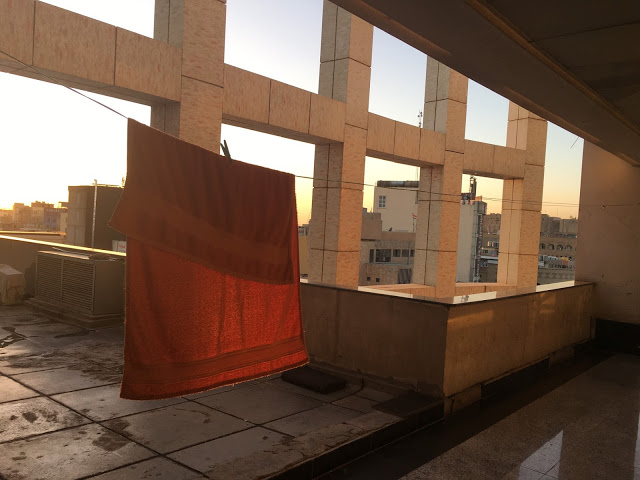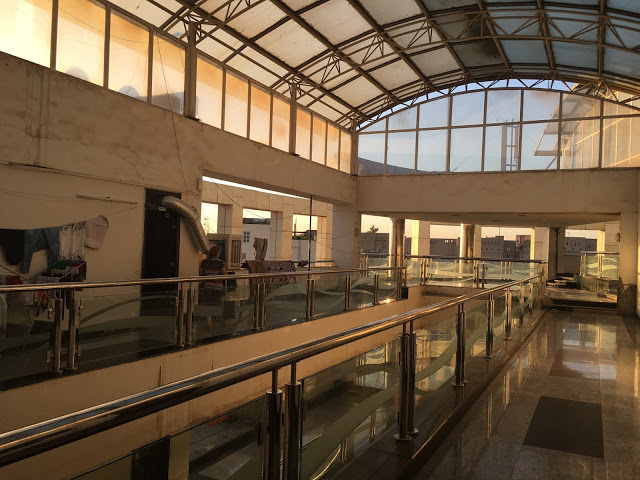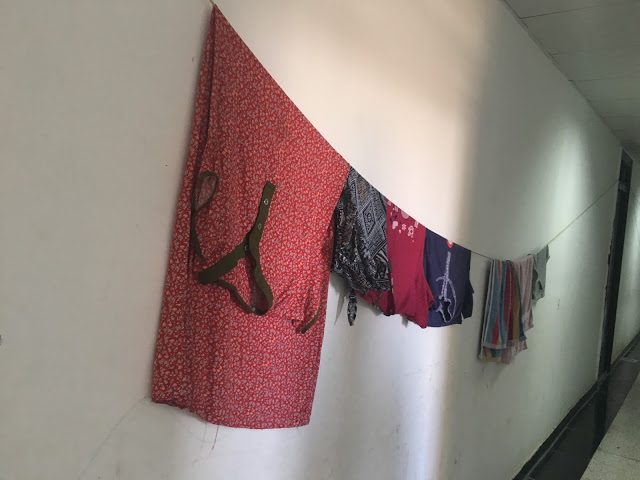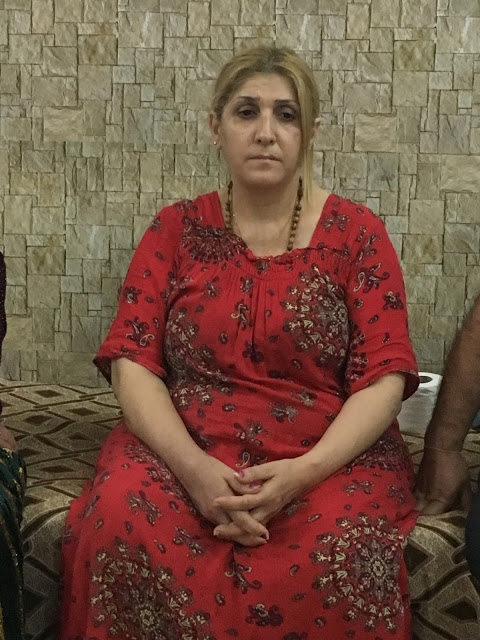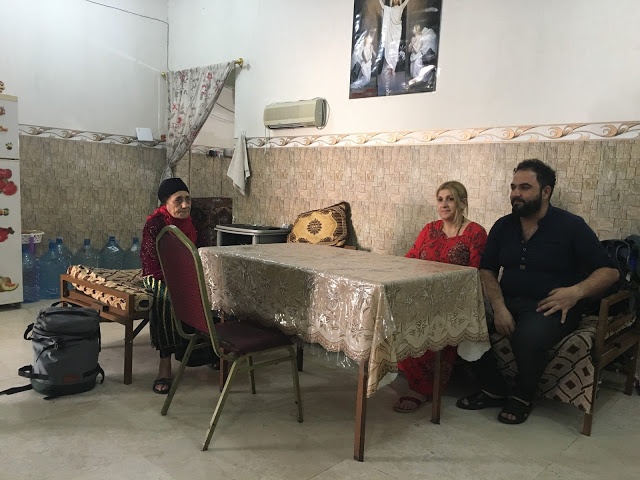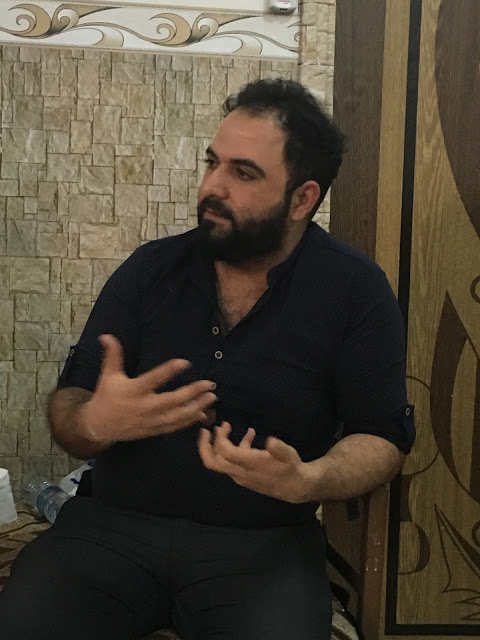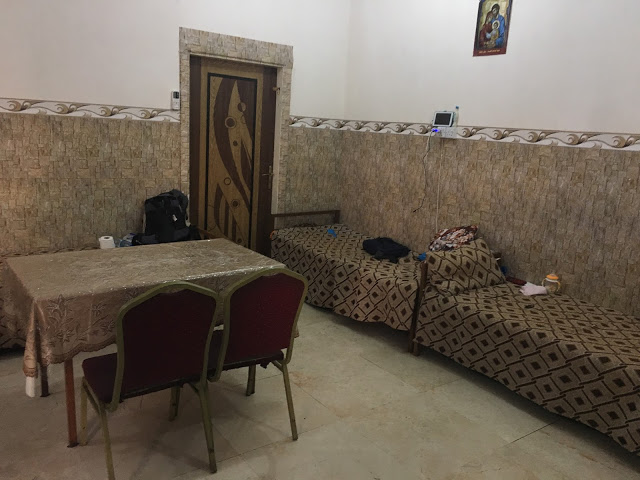Nithal fled ISIS with her aging parents, her husband, and her five children. They fled on foot, and walked for several days. In the last three years while living at the camp, her husband passed away. The family believes he died from the stress of having to flee. They received reports from friends that their home had been destroyed, and all of their belongings stolen. They left with nothing, and rely on the charity of others to survive. They used to be a middle class family, selling bread to their community. Now, they are dependent on aid. It’s clear this wears on them.
Their children feel differently, and I find this to be true with many of the families we talk to. They are younger and more resilient. Their ties to their home are not as fixed, and they are moving forward and finding things to do in Erbil. Nithal’s son works for World Vision. Another son just got married and is looking for local work. They say that they do not want to return, but also know that it would break their mother’s heart if they did not stay with her.
This is one of the unseen losses of occupation. Families are forced to leave their home and then splinter apart. The Iraqi people are very community and family oriented, but losing their home and community means that some of the natural structure that kept their families close is no longer there. Both Nithal and Maryam talk at length about their fears of their families breaking apart.
World Vision is helping to meet the needs of these people, in ways that are both practical and hope-infusing. I was incredibly impressed with the work World Vision is doing, and if you would like to support that work, please visit their website and become a sponsor of their refugee work.
